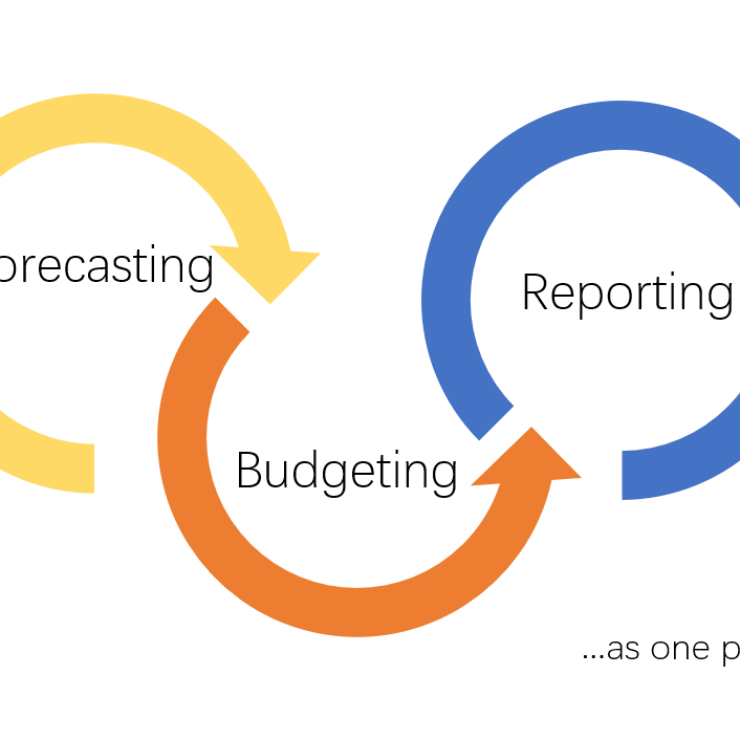Staying ahead of the competition requires continuous innovation and optimization of processes. One such game-changing technology that is reshaping the landscape of enterprise efficiency is Robotics Process Automation (RPA). When seamlessly integrated with OpenScope ERP, RPA not only streamlines operations but also takes efficiency to new heights.
Understanding Robotics Process Automation (RPA)
Robotics Process Automation (RPA) is a transformative technology that utilizes software robots or “bots” to automate repetitive and rule-based tasks within business processes. These bots can mimic human interactions with digital systems, making them ideal for handling routine and time-consuming tasks. RPA is not about replacing human workers but empowering them by automating mundane tasks, allowing them to focus on more strategic and creative aspects of their roles.
The Openscope ERP Advantage
Openscope ERP is a comprehensive Enterprise Resource Planning solution designed to integrate various business processes and functions across an organization. It provides a centralized platform for managing and optimizing resources, enhancing collaboration, and improving decision-making. With modules covering finance, human resources, supply chain, and more, Openscope ERP is a robust solution for businesses looking to enhance their operational efficiency.
The Synergy of RPA and Openscope ERP
1. Streamlined Data Entry and Processing:
RPA can significantly reduce the time and effort spent on data entry and processing tasks. By integrating RPA with Openscope ERP, businesses can automate data input from various sources, ensuring accuracy and eliminating the risk of human errors. This leads to faster processing times and improved data quality.
2. Enhanced Order-to-Cash Process:
The Order-to-Cash process involves numerous steps, from order creation to payment receipt. RPA can automate several elements of this process, such as order confirmation, invoice generation, and payment reconciliation. Integrating RPA with Openscope ERP accelerates the entire cycle, enabling businesses to provide better customer service and optimize cash flow.
3. Efficient Inventory Management:
RPA can be leveraged to automate inventory management tasks, including stock tracking, reorder notifications, and updating inventory levels in Openscope ERP in real-time. This not only prevents stockouts but also minimizes excess inventory, resulting in cost savings and improved operational efficiency.
4. Accelerated Financial Closing Processes:
Financial closing processes often involve a multitude of repetitive tasks. RPA can automate these tasks, such as data reconciliation, journal entries, and financial reporting, ensuring a faster and more accurate financial close. Integrating RPA with Openscope ERP enables businesses to meet regulatory requirements and deadlines with ease.
5. Improved Employee Productivity:
By automating routine tasks, employees can focus on high-value activities that require creativity, critical thinking, and decision-making. RPA integrated with Openscope ERP empowers employees to contribute more strategically to the organization’s success.
Overcoming Challenges
While the integration of RPA with Openscope ERP offers immense benefits, businesses must carefully plan and execute the integration to overcome potential challenges. These may include resistance to change, ensuring data security, and providing comprehensive training to employees to adapt to the new automated processes.
Conclusion
In conclusion, the integration of Robotics Process Automation with Openscope ERP represents a paradigm shift in enhancing operational efficiency. By automating repetitive tasks and optimizing business processes, organizations can achieve greater accuracy, faster processing times, and improved employee productivity. As businesses continue to embrace the power of RPA, the synergy with Openscope ERP ensures a future-ready approach to enterprise management, enabling organizations to thrive in today’s competitive business environment.




